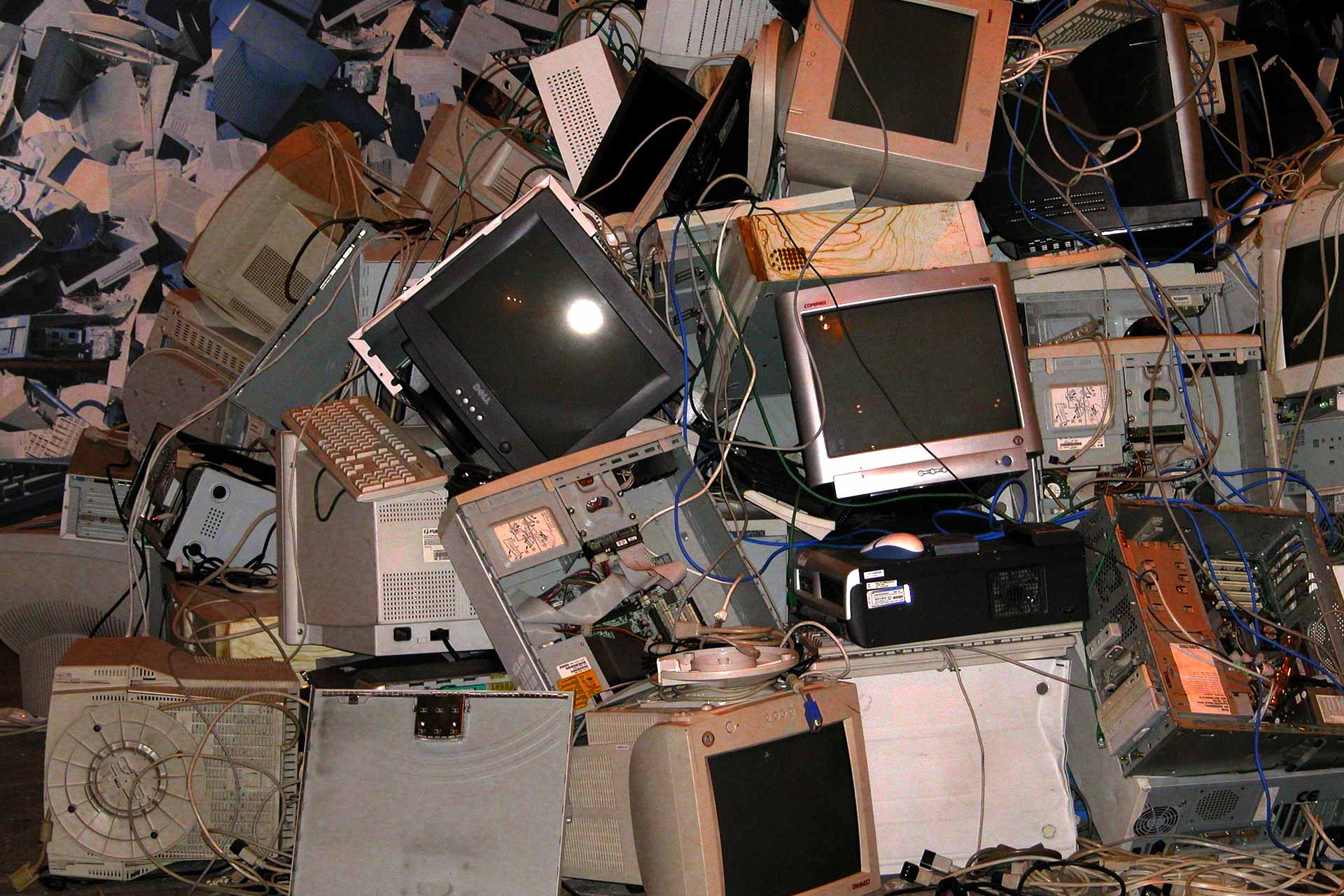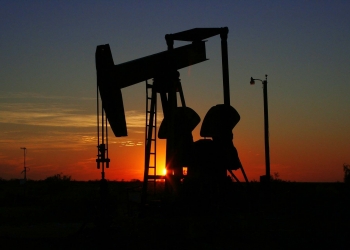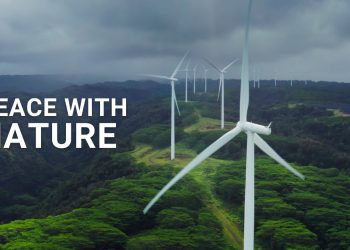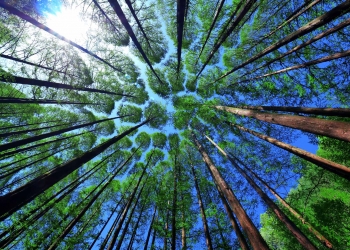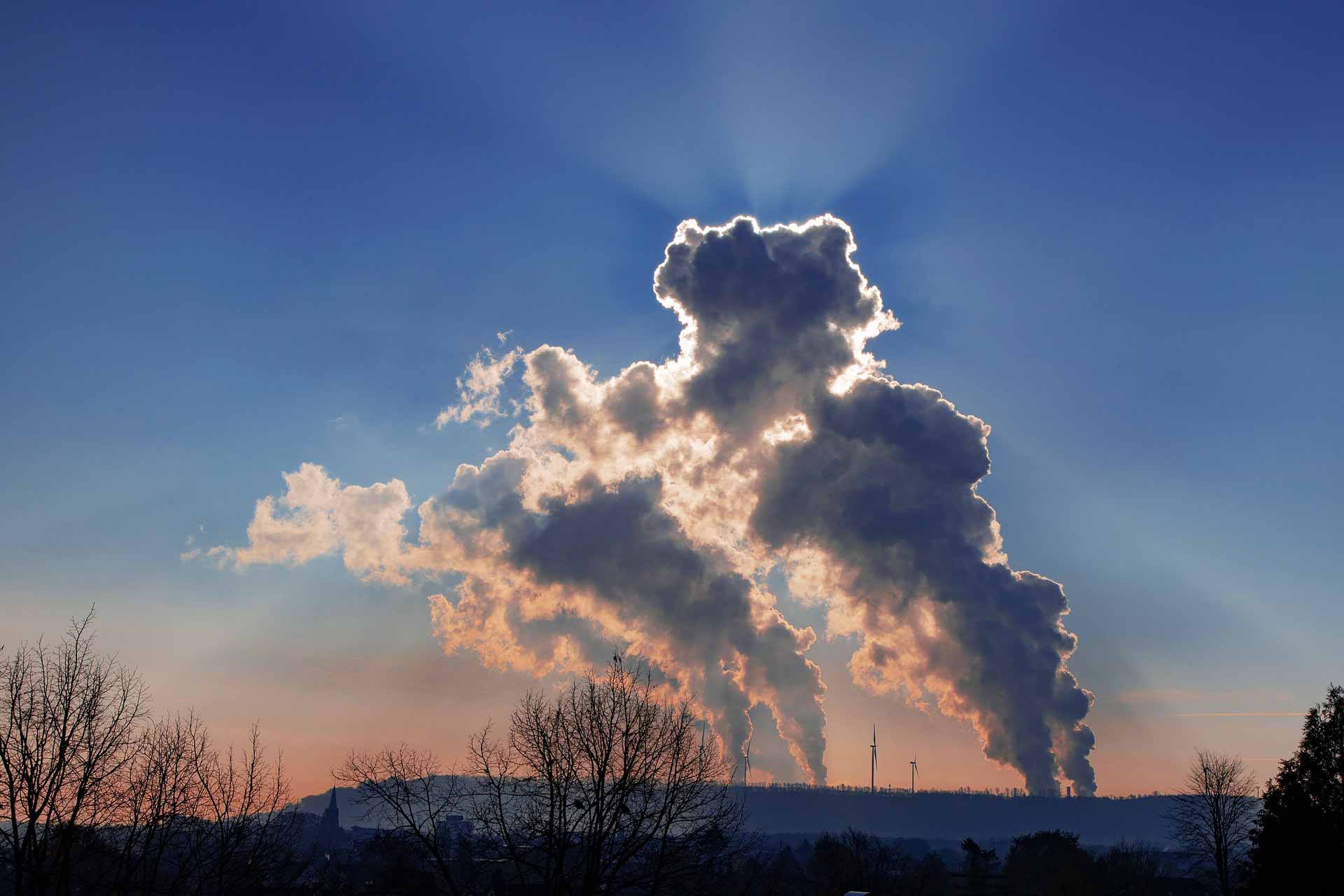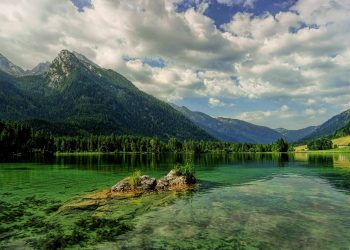E-waste Electronic Waste such as computers, TV-sets, fridges and cell phones is one the fastest growing waste streams in the EU. Less than 40% is recycled of Waste of electrical and electronic equipment (WEEE). 9 million tonnes generated in 2005 and expected to grow to more than 12 million tonnes by 2020.
E-waste or WEEE is a complex mixture of materials and components. Because of their hazardous content, and if not properly managed, can cause major environmental and health problems. Moreover, the production of modern electronics requires the use of scarce and expensive resources (e.g. around 10% of total gold worldwide is used for their production). To improve the environmental management of WEEE and to contribute to a circular economy and enhance resource efficiency the improvement of collection, treatment and recycling of electronics at the end of their life is essential.
Waste of electrical and electronic equipment (WEEE)
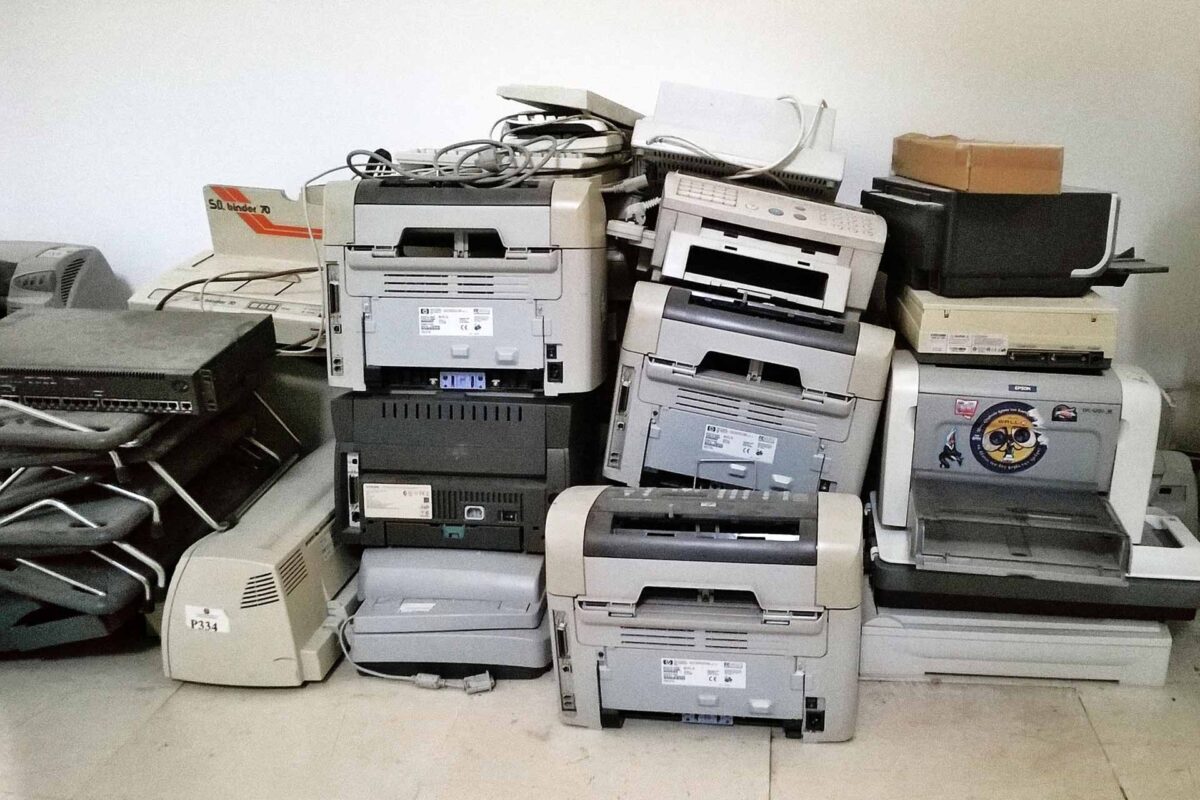
WEEE Directive – RoHS Directive
To address these problems EU has adopted two pieces of legislation. The Directive on waste electrical and electronic equipment (WEEE Directive) and the Directive on the restriction of the use of certain hazardous substances in electrical and electronic equipment (RoHS Directive).
The first WEEE Directive (Directive 2002/96/EC) entered into force in February 2003. The Directive provided for the creation of collection schemes where consumers return their WEEE free of charge. These schemes aim to increase the recycling of WEEE and/or re-use.
In December 2008, the European Commission proposed to revise the Directive in order to tackle the fast increasing waste stream. The new WEEE Directive 2012/19/EU entered into force on 13 August 2012 and became effective on 14 February 2014.
Does Sustainable Consumption mean less consumption?
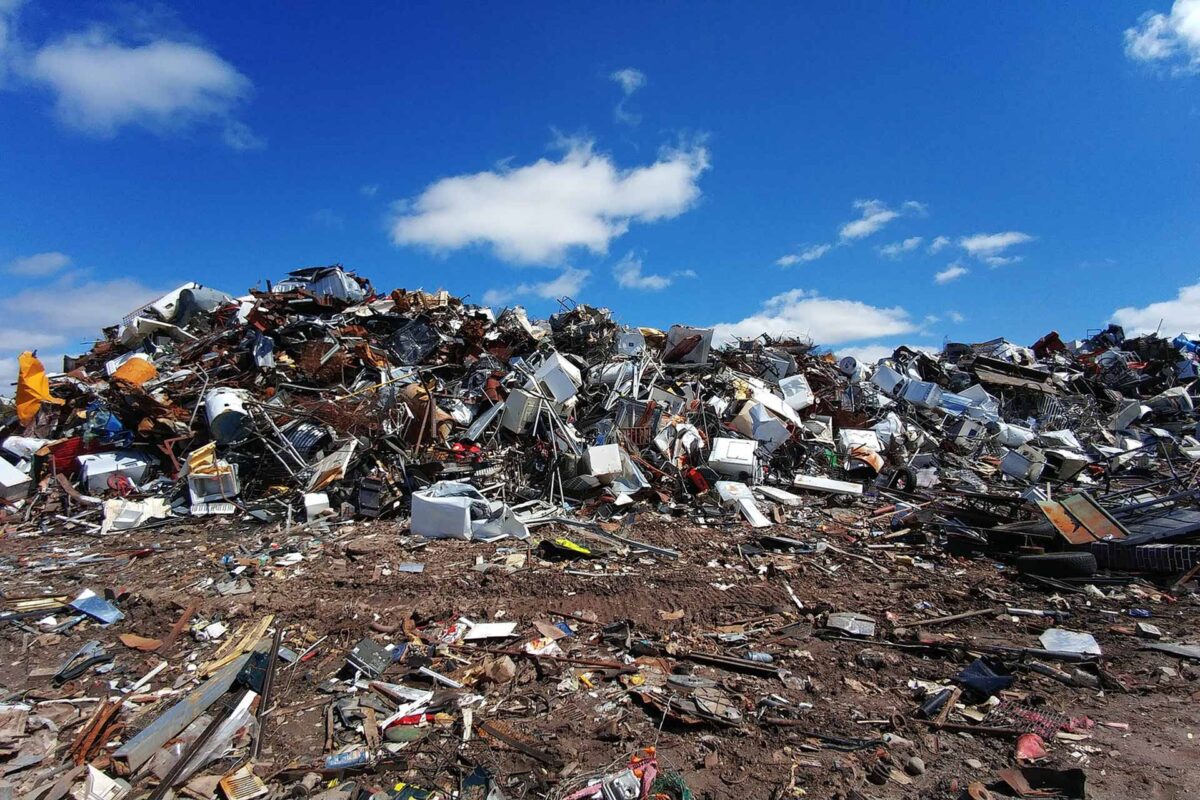
What is e-waste?
Electronic devices and electrical equipment define modern life. From washing machines and vacuum cleaners to smartphones and computers, it is hard to imagine life without them. But the waste they generate has become an obstacle to EU efforts to reduce its ecological footprint.
Electronic and electrical waste, or e-waste, covers a variety of different products that are thrown away after use. Large household appliances, such as washing machines and electric stoves, are the most collected, making up more than half of all collected e-waste.
E-waste in the EU: facts and figures
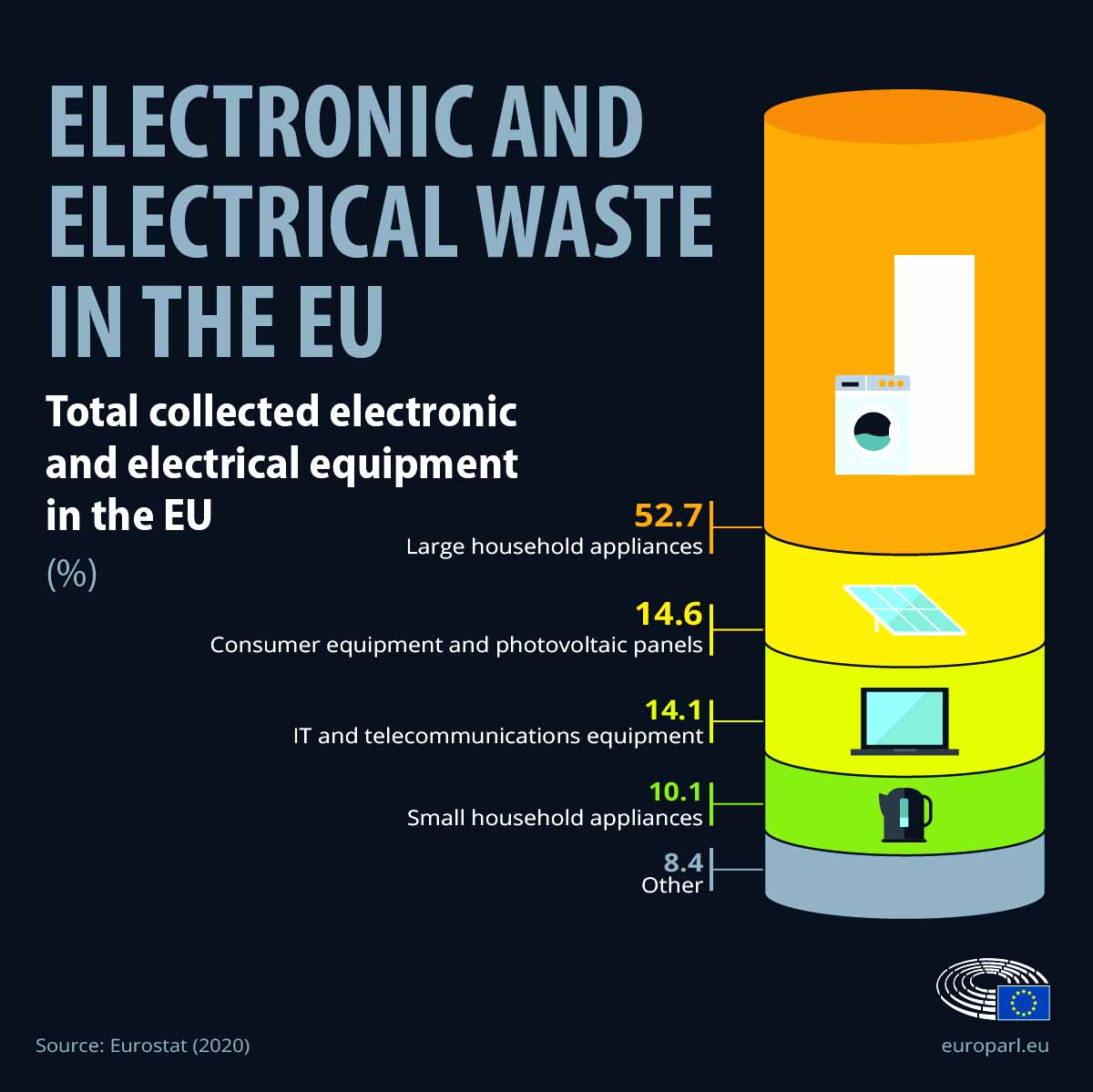
We meet this with IT and telecommunications equipment (laptops, printers), consumer equipment and photovoltaic panels (video cameras, fluorescent lamps) and small household appliances (vacuum cleaners, toasters). All other categories, such as electrical tools and medical devices, together make up just 7.2% of the collected e-waste.
E-waste recycling rate in the EU
Less than 40% of all e-waste in the EU is recycled, the rest is unsorted. Recycling practices vary among EU countries. In 2017, Croatia recycled 81% of all electronic and electrical waste, while in Malta, the figure was 21%.
E-waste recycling rate in the EU
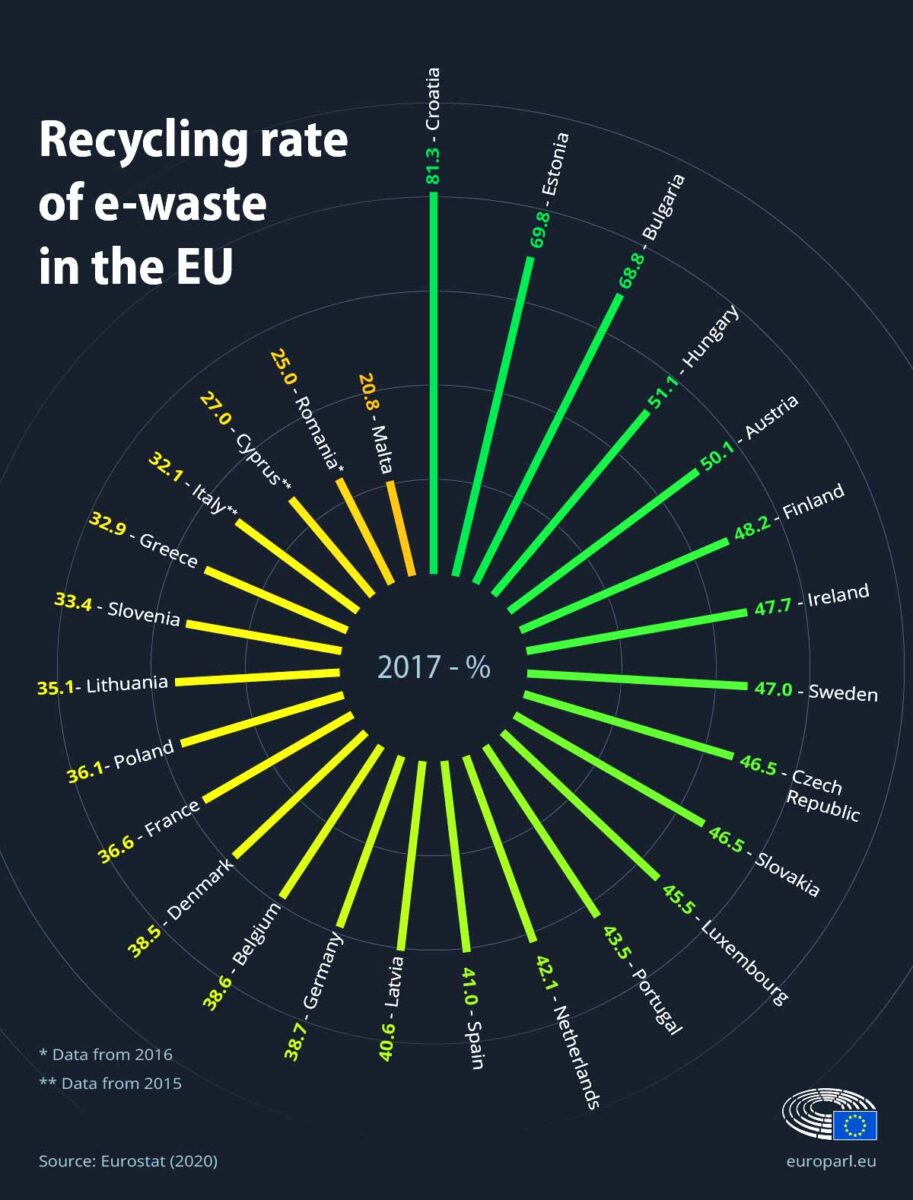
Why do we need to recycle electronic and electrical waste?
Discarded electronic and electrical equipment contains potentially harmful materials that pollute the environment and increase the risks for people involved in recycling e-waste. To counter this problem, the EU has passed legislation to prevent the use of certain chemicals, like lead.
Many rare minerals we need in modern technology come from countries that do not respect human rights. To avoid inadvertently supporting armed conflict and human rights abuses, MEPs have adopted rules requiring European importers of rare earth minerals to carry out background checks on their suppliers.
What is the EU doing do reduce e-waste?
In March 2020, the European Commission presented a new circular economy action plan that has as one of its priorities the reduction of electronic and electrical waste. The proposal specifically outlines immediate goals like creating the “right to repair”. It improves reusability in general, the introduction of a common charger and establishes a rewards system to encourage recycling electronics.
Circular Economy
The circular economy is a model of production and consumption. It involves sharing, leasing, reusing, repairing, refurbishing and recycling existing materials and products as long as possible. In this way, the life cycle of products is extended.
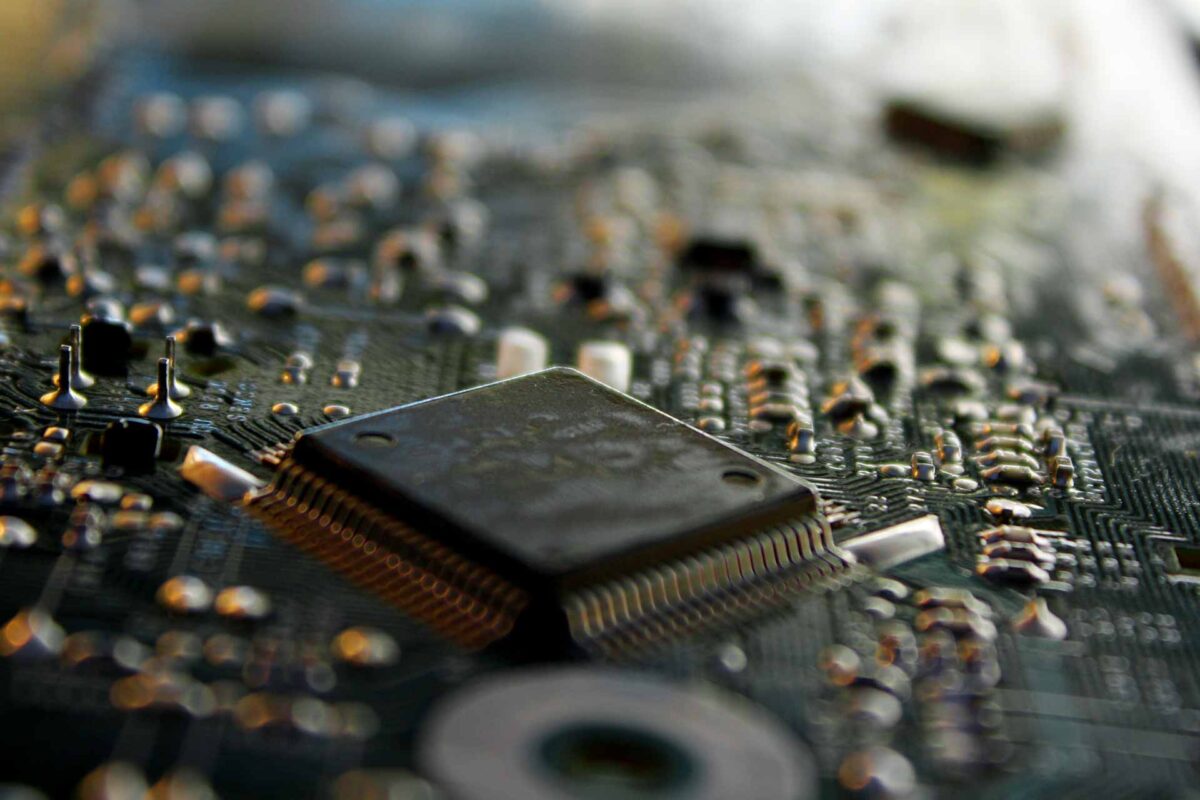
Less waste – Product life cycle extension
In practice, it implies reducing waste to a minimum. When a product reaches the end of its life, we keep its materials within the economy, wherever possible. These can be productively used again and again, thereby creating further value.
The European Union produces more than 2.5 billion tonnes of waste every year. It is currently updating its legislation on waste management to promote a shift to a more sustainable model known as the circular economy. In March 2020 the European Commission presented, under the European Green Deal and as part of the proposed new industrial strategy, a new circular economy action plan that includes proposals on more sustainable product design, reducing waste and empowering consumers (such as a right to repair). We have a specific focus to resource intensive sectors, such as electronics and ICT, plastics, textiles and construction.
Why do we need to switch to a circular economy?
The world’s population is growing and with it the demand for raw materials. However, there are limits in supply of crucial raw materials. Finite supplies also means some EU countries are dependent on other countries for their raw materials.
In addition extracting and using raw materials has a major impact on the environment. It also increases energy consumption and CO2 emissions. However, a smarter use of raw materials can lower CO2 emissions.
Europe secures the supply of EU Raw Materials
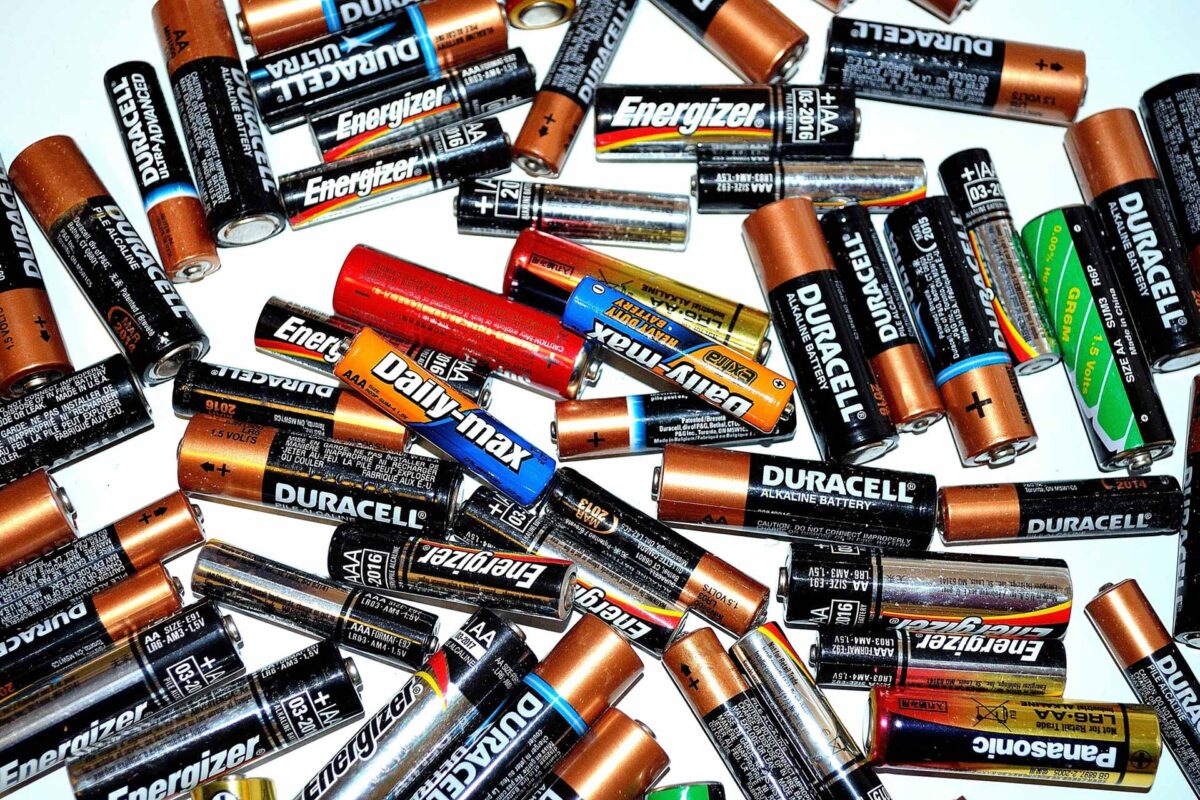
What are the benefits?
Measures such as waste prevention, ecodesign and re-use could save EU companies money while also reducing total annual greenhouse gas emissions. Currently, the production of materials we use every day account for 45% of the CO2 emissions.
Moving towards a more circular economy could deliver benefits such as reducing pressure on the environment, improving the security of the supply of raw materials, increasing competitiveness, stimulating innovation, boosting economic growth (an additional 0.5% of gross domestic product), creating jobs (700,000 jobs in the EU alone by 2030).
Consumers will also be provided with more durable and innovative products that will increase the quality of life and save them money in the long term.

